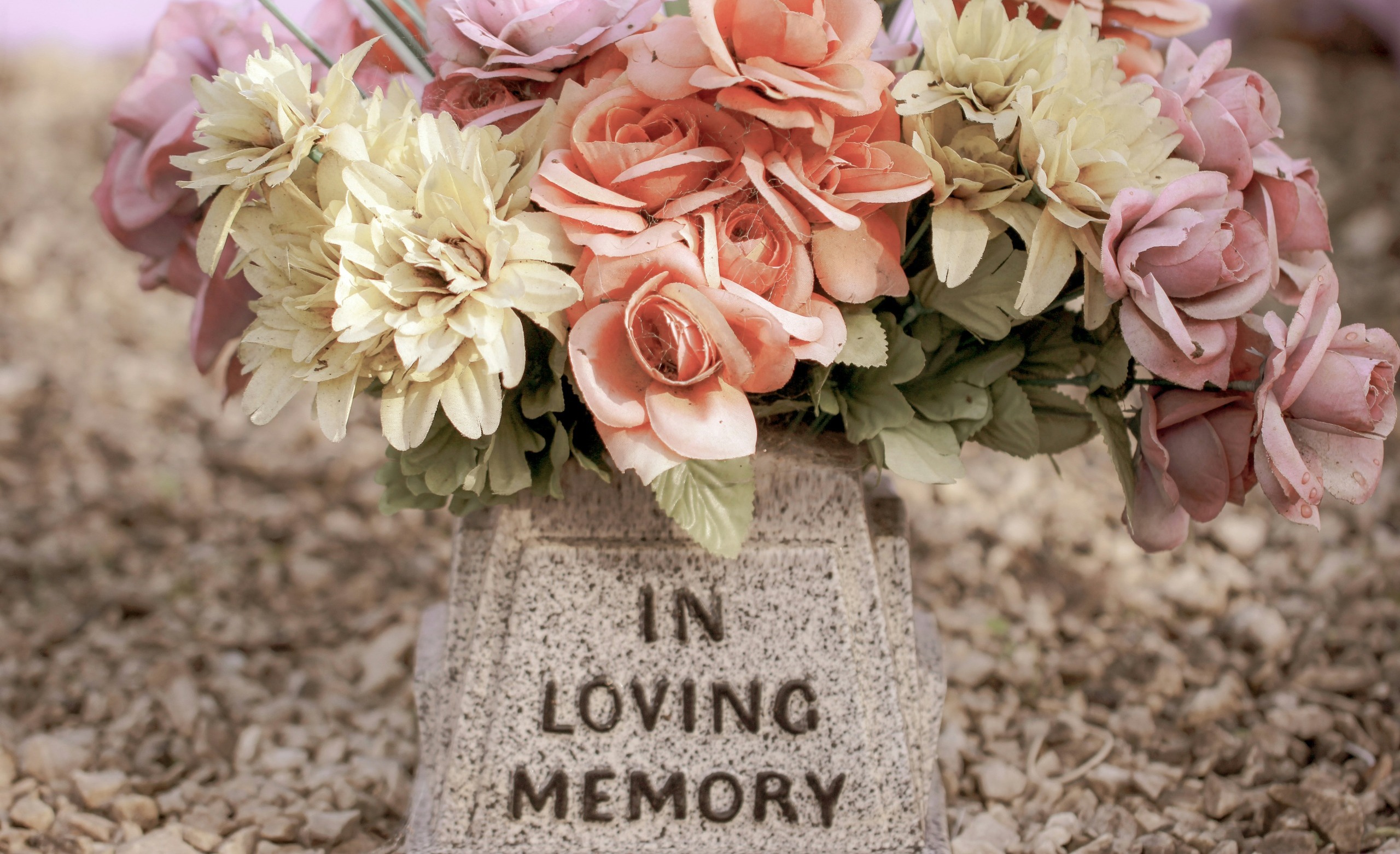
How To Survive A Death In Your Family
In this blog post, we will explore strategies on how to survive a death in your family with grace and resilience. Losing a loved one is an inevitable part of life, yet when it happens, the impact can be overwhelming.
The journey through grief and loss is a challenging one, but with the right support and guidance, you can navigate this difficult time. From facing the harsh reality of death to finding solace in cherished memories, let’s walk together on this path towards healing.
Facing the Reality of Death
When a death occurs in your family, the first step is to face the harsh reality of loss. It’s natural to feel shock, denial, and disbelief at the news. The sudden absence of a loved one can leave you feeling adrift in a sea of emotions.
Take the time you need to process what has happened. Allow yourself to grieve in your own way and at your own pace. It’s okay to feel overwhelmed by sadness, anger, or confusion – these are all normal reactions to loss.
Seek comfort in rituals that honor the memory of your loved one. Whether it’s lighting a candle, writing letters, or creating a special tribute, find ways to express your feelings and keep their spirit alive.
Remember that facing death is not about forgetting but acknowledging the impact this loss has on your life. Embrace the pain as part of the healing process and allow yourself space for both sorrow and eventual acceptance.
Coping with Grief and Loss
Losing a loved one is a deeply emotional and challenging experience. It’s normal to feel overwhelmed by grief and loss, as everyone copes differently. Allow yourself to process your emotions in your own time, whether it’s through tears, anger, or moments of solitude.
Seeking support from friends, family members, or even a therapist can provide comfort during this difficult time. Talking about your feelings with others who understand can help ease the burden of grief. Remember that it’s okay to ask for help when you need it; you don’t have to go through this alone.
Engaging in self-care practices such as exercise, meditation, or journaling can also aid in coping with grief. Taking care of your physical and mental well-being is crucial as you navigate the healing process. Additionally, honoring the memory of your loved one through rituals or creating a memorial can be therapeutic and comforting.
Grieving is a personal journey that looks different for everyone; there is no right or wrong way to cope with loss. Be patient with yourself as you navigate these complex emotions and remember that healing takes time.
Finding Support from Family and Friends
Losing a loved one is undeniably tough, and during this challenging time, finding support from family and friends can be incredibly comforting. Surrounding yourself with those who care about you can help alleviate some of the pain and loneliness that often accompany grief.
Family members may understand your loss on a deeper level as they share in your sorrow. Their presence and shared memories can serve as a source of solace during this difficult period. Talking openly with relatives about your feelings can create an environment where emotions are understood and validated.
Friends also play a crucial role in providing emotional support. Whether it’s through simple gestures like checking in on you regularly or offering a listening ear, their companionship can make a world of difference. Engaging in activities together or reminiscing about happy times spent with your departed loved one can bring moments of joy amidst the sadness.
Remember, it’s okay to lean on those around you for comfort and encouragement as you navigate through the grieving process. Embracing the support offered by family and friends can help lighten the burden of loss while fostering connections that strengthen bonds even further during trying times.
Taking Care of Yourself: Self-Care during Grieving
During times of grieving, taking care of yourself is crucial. Remember to prioritize self-care amidst the emotional turmoil. Allow yourself to feel and process your emotions without judgment. It’s okay to seek professional help if needed, whether through therapy or counseling.
Engage in activities that bring you comfort and solace, like meditation, journaling, or spending time in nature. Make sure to get enough rest and nourishment as grief can be physically draining. Stay connected with loved ones who offer support and understanding during this difficult time.
Practice self-compassion by being kind and patient with yourself as you navigate through the stages of grief. Create a routine that provides structure and stability in your daily life. Allow moments for quiet reflection and introspection to honor your feelings.
Remember that healing takes time, so be gentle with yourself throughout the grieving process.
Funeral Arrangements and Estate Planning
When a death occurs in the family, practical matters like funeral arrangements and estate planning can feel overwhelming. It’s important to take things one step at a time and not rush decisions during this sensitive time.
Start by contacting a trusted funeral home to assist with organizing the funeral service. They can help guide you through the process of selecting caskets, arranging for burial or cremation, and coordinating any religious or cultural customs.
Estate planning involves sorting out the deceased’s assets, debts, and belongings. You may need to locate important documents such as wills, insurance policies, deeds, and financial accounts. Consider consulting with an attorney specializing in probate law to ensure everything is handled correctly.
It’s also crucial to update legal documents like wills and beneficiaries on insurance policies or retirement accounts if necessary. This ensures that assets are distributed according to your loved one’s wishes.
Remember that handling practical matters takes time and patience. Lean on your support system for assistance when needed as you navigate through these tasks while grieving your loss.
Dealing with Legal Issues and Inheritance
Dealing with legal matters and inheritance can be overwhelming after the loss of a loved one. It’s essential to gather all necessary documents, including the will, insurance policies, and any other important paperwork related to the estate. Seeking guidance from a probate attorney or financial advisor can help navigate through the complexities of these processes.
Understanding inheritance laws in your area is crucial to ensure that everything is handled correctly and fairly among beneficiaries. It’s also important to address any debts or taxes owed by the deceased as part of settling their estate. This may involve selling assets, closing accounts, and distributing possessions according to their wishes or state regulations.
In some cases, disputes may arise over inheritances which can further complicate an already difficult situation. Communicating openly with family members and seeking mediation if needed can help resolve conflicts peacefully. Remember that patience and compassion are key when dealing with legal issues during this challenging time.
Moving Forward: Healing and Remembering Loved Ones
As you navigate the challenging journey of surviving a death in your family, remember that healing is a gradual process. It’s okay to seek professional help if needed and take all the time you require to grieve. By finding support from loved ones, taking care of yourself, handling practical matters, and dealing with legal issues sensitively, you can honor your loved one’s memory while also moving forward with your own life.
While the pain of loss may never fully diminish, over time it can become more manageable as you learn to live with the absence in your life. Remembering your loved ones fondly and cherishing the memories shared together can bring comfort and peace amidst grief. Allow yourself the space to heal at your own pace and know that it’s alright to lean on others for support when needed.
Surviving a death in your family is undoubtedly one of life’s toughest challenges, but by embracing love, strength, and resilience along this emotional journey, you can find solace in knowing that those we have lost will always hold a special place in our hearts. Embrace healing as an ongoing process and carry forward the legacy of those who have touched our lives so deeply.
P.S. I just found out a couple of hours ago that my Grandfather Joe Rohr (October 09, 1942 – June 29, 2024) passed away yesterday at 2:00 PM eastern standard time in Hallandale, FL. Rest in piece Grandpa! I’ll always love you til the end of time, God bless you! You are finally home. 😭
I really hope that this blog post today can help you through your most difficult time a human can ever experience during their existence on this great Earth. God bless and Godspeed to all of you. Especially, my grandpa, Joe Rohr. I’ll miss you forever. Godspeed Grandpa! 🙏



